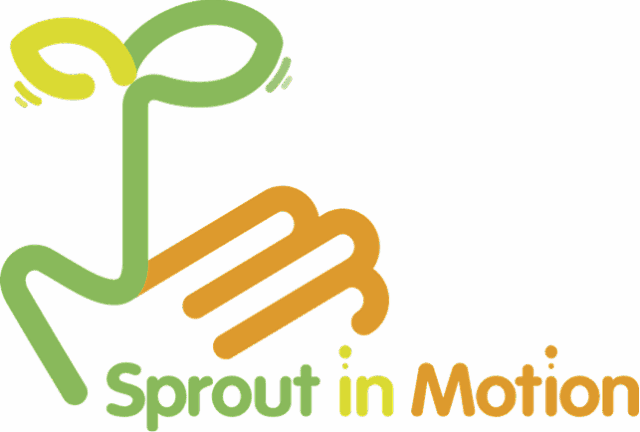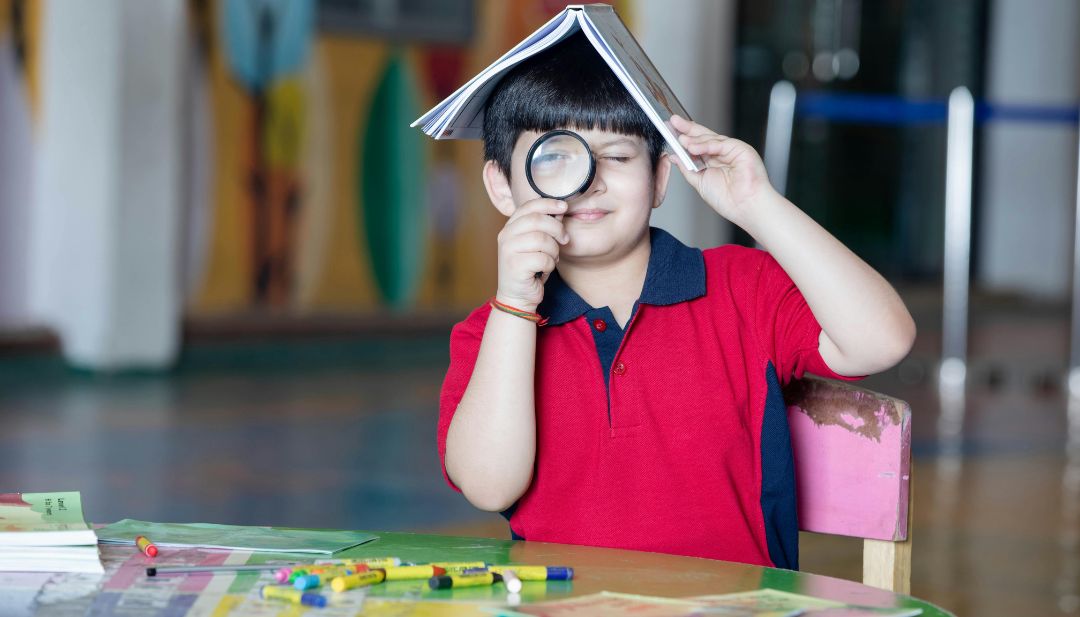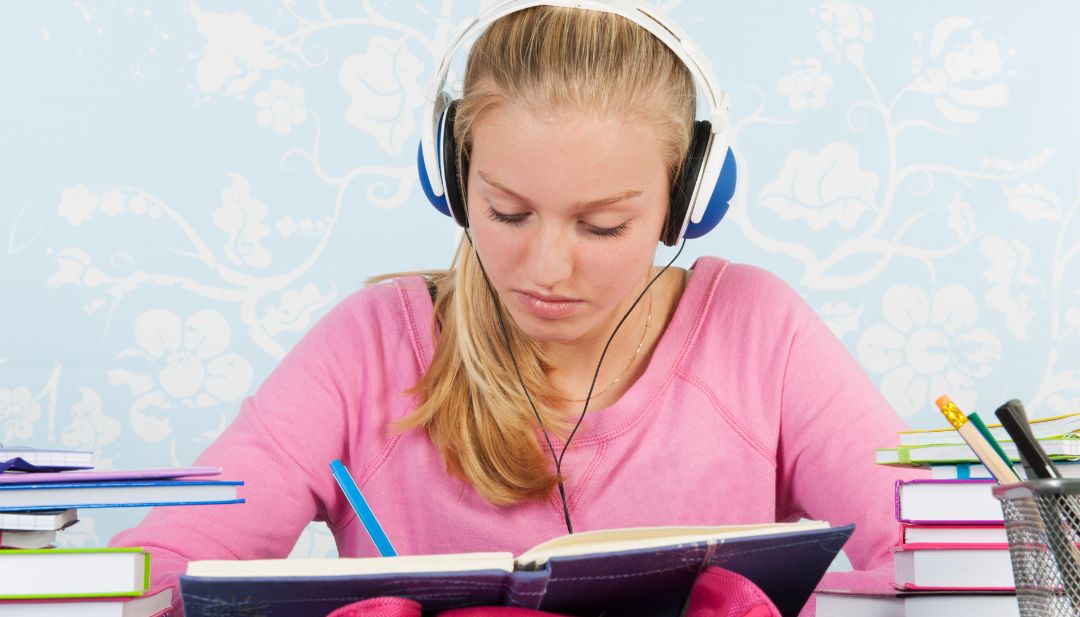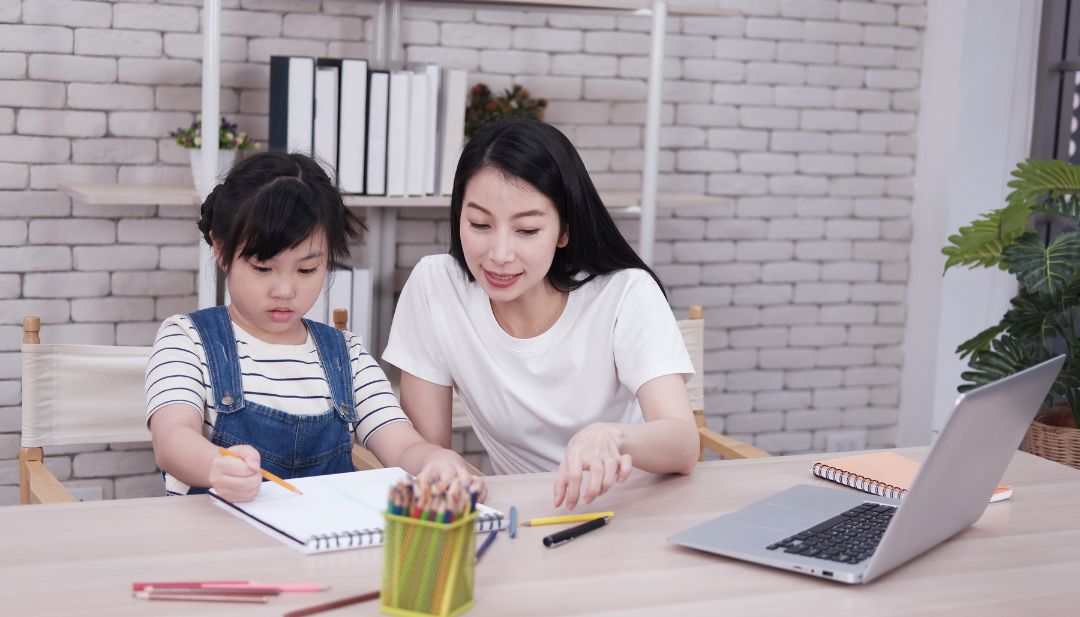Play Therapy
Play therapy is a child-centered therapeutic approach that helps children express emotions, process experiences, and develop coping strategies in a safe and engaging environment. Through creative and structured play, children learn to navigate their emotions, improve social interactions, and build confidence, leading to healthier emotional and behavioral development.
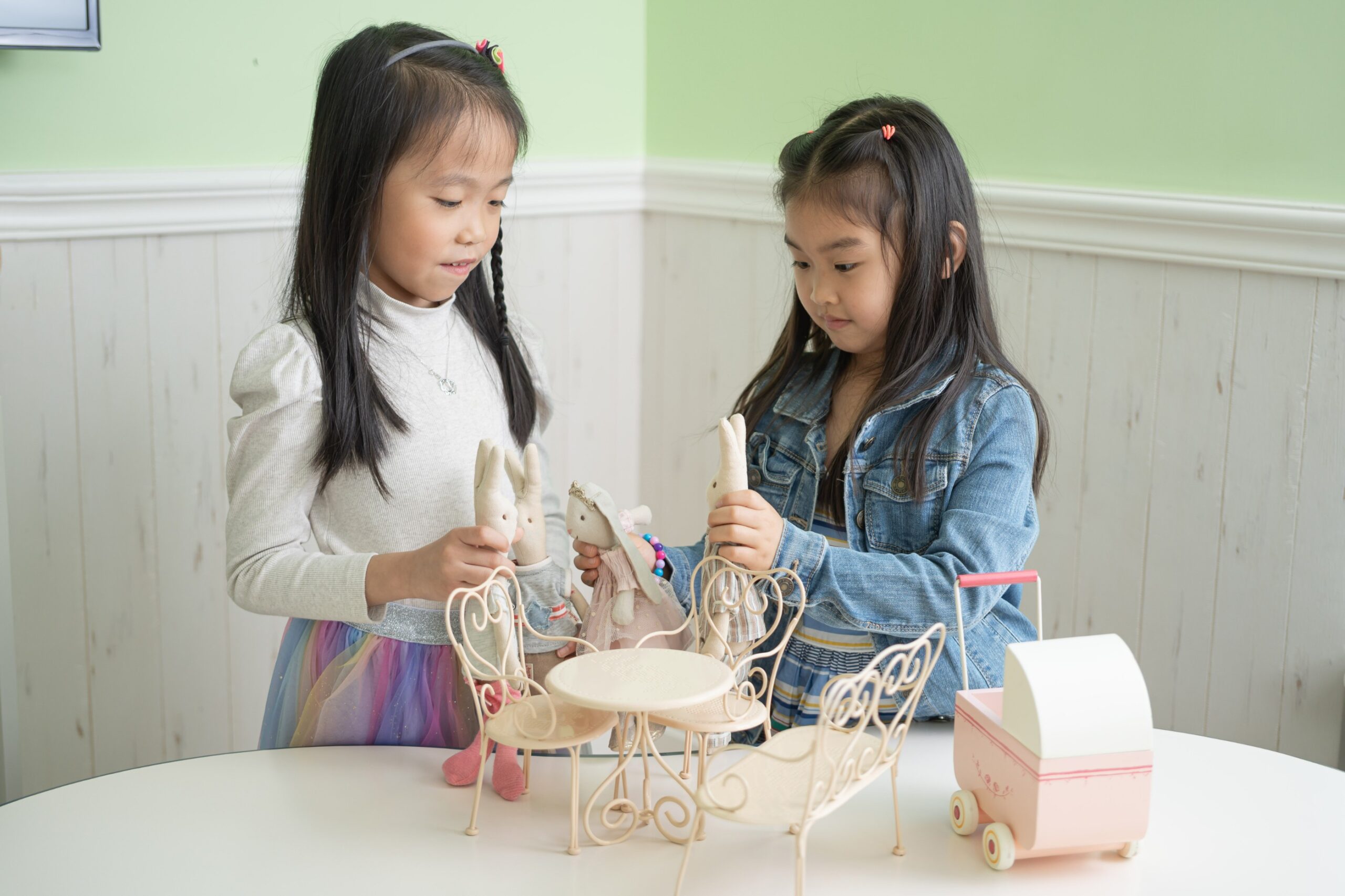
Areas of focus
-

Emotional Regulation
Helping children identify, understand, and manage big emotions like anger, anxiety, and frustration.
-

Behavioral Challenges
Supporting children with difficulties in self-control, impulse management, and following routines.
-

Trauma & Stress Processing
Providing a safe space for children to process past experiences, grief, or significant life changes.
-

Social Skills Development
Teaching children how to engage in healthy interactions, build friendships, and read social cues.
-

Confidence & Self-Esteem
Encouraging children to develop a positive self-image and gain confidence in expressing their feelings.
Signs Your Child May Benefit from Play Therapy
If a child displays several of these behaviors, your child may benefit from Play Therapy.
Therapeutic Benefits
-
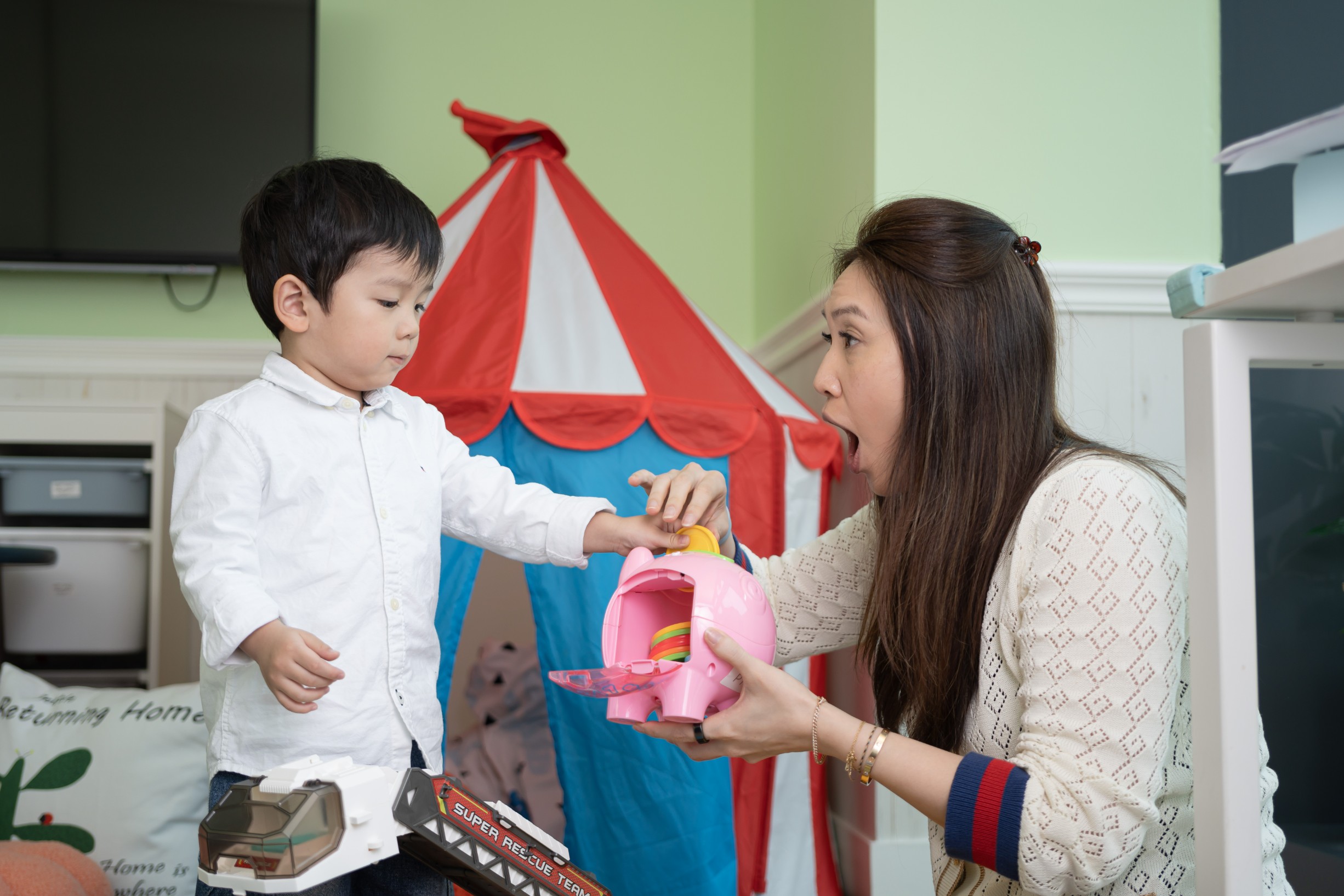
Encourages Emotional Expression
Provides a safe outlet for children to express thoughts and feelings they may struggle to verbalize.
-
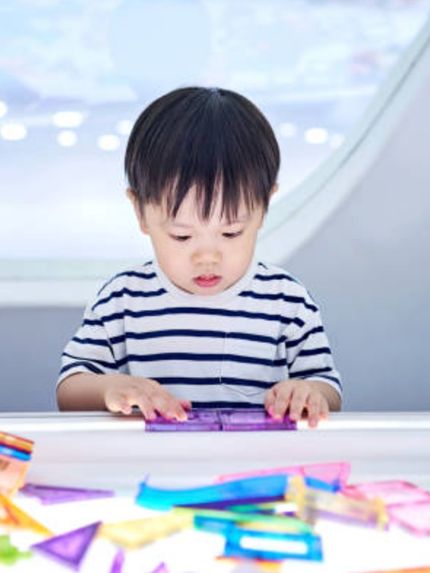
Enhances Problem-Solving & Coping Skills
Helps children navigate challenges in a structured and supportive way.
-
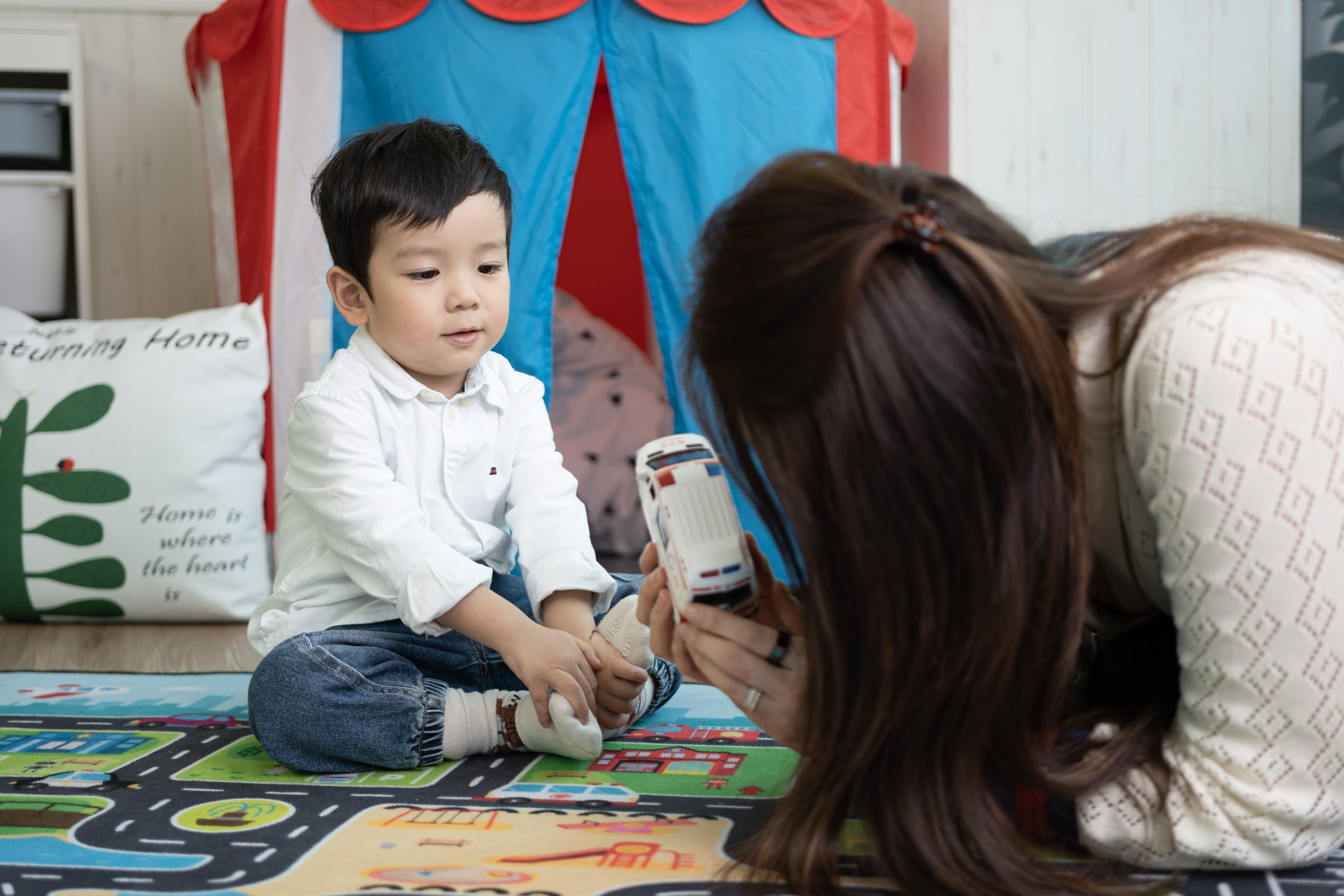
Improves Social & Communication Skills
Teaches children how to engage with others, share, and take turns.
-
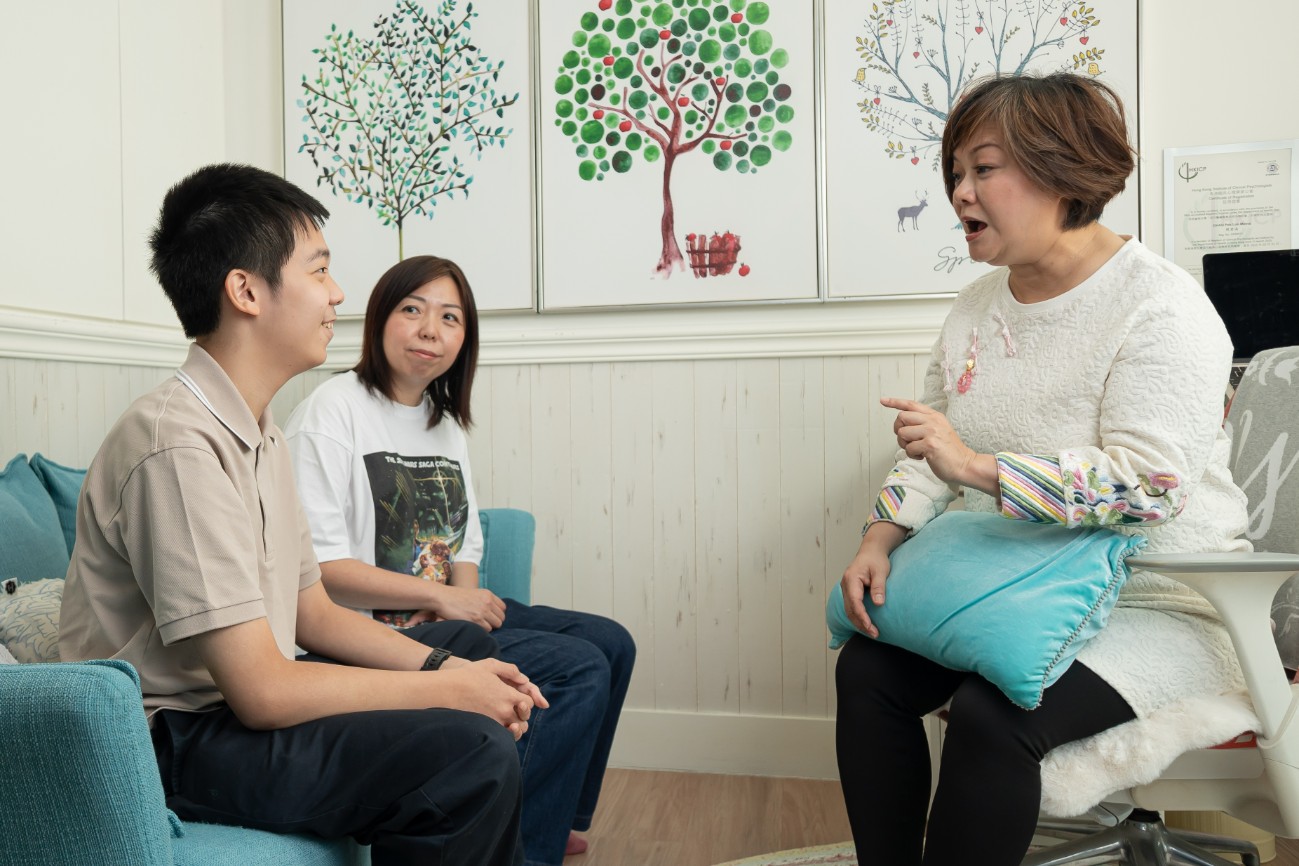
Builds Confidence & Resilience
Strengthens self-esteem and empowers children to handle challenges with greater confidence.
-
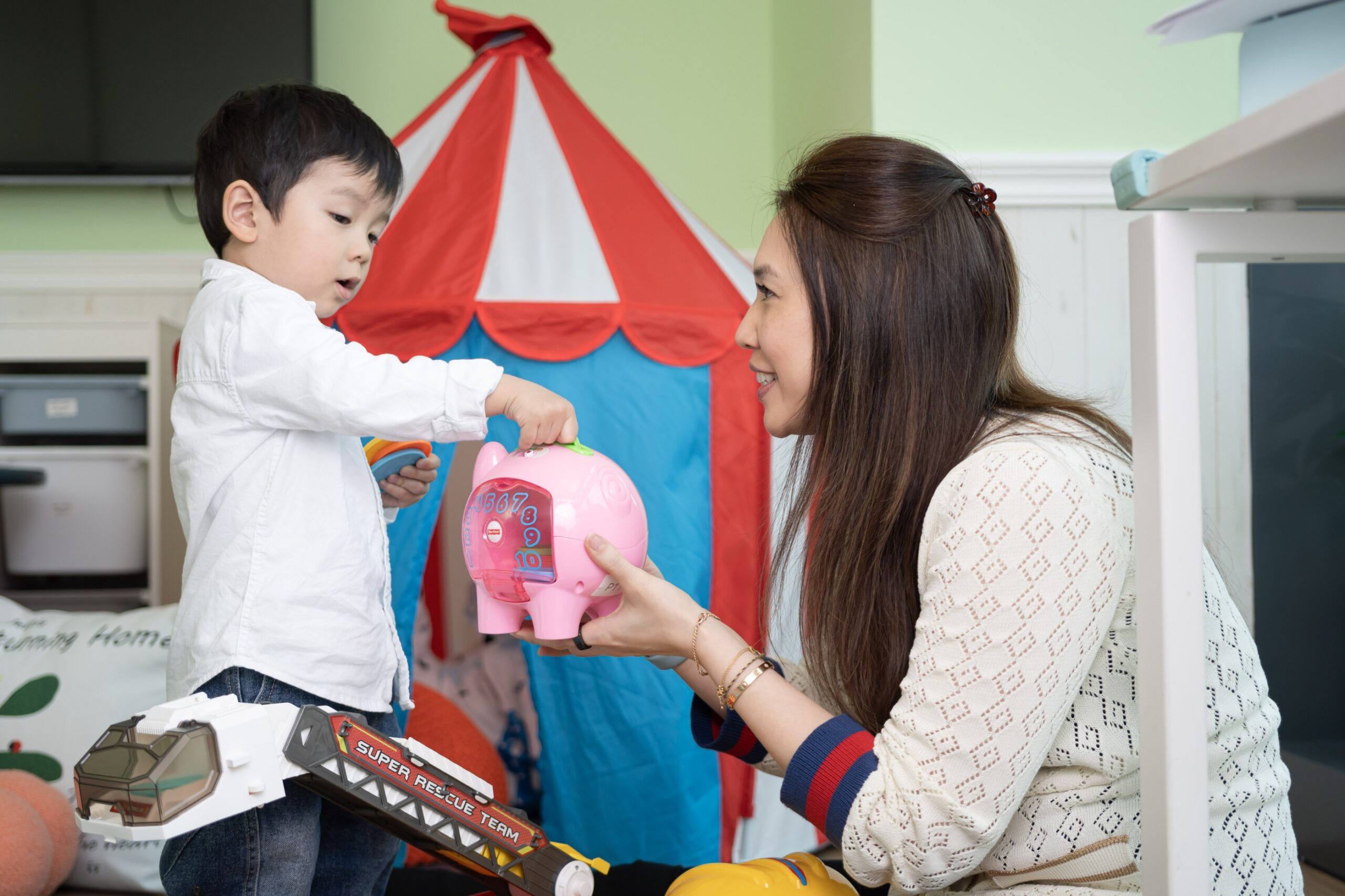
Reduces Anxiety & Behavioral Issues
Supports children in managing worries, fears, and impulse control.
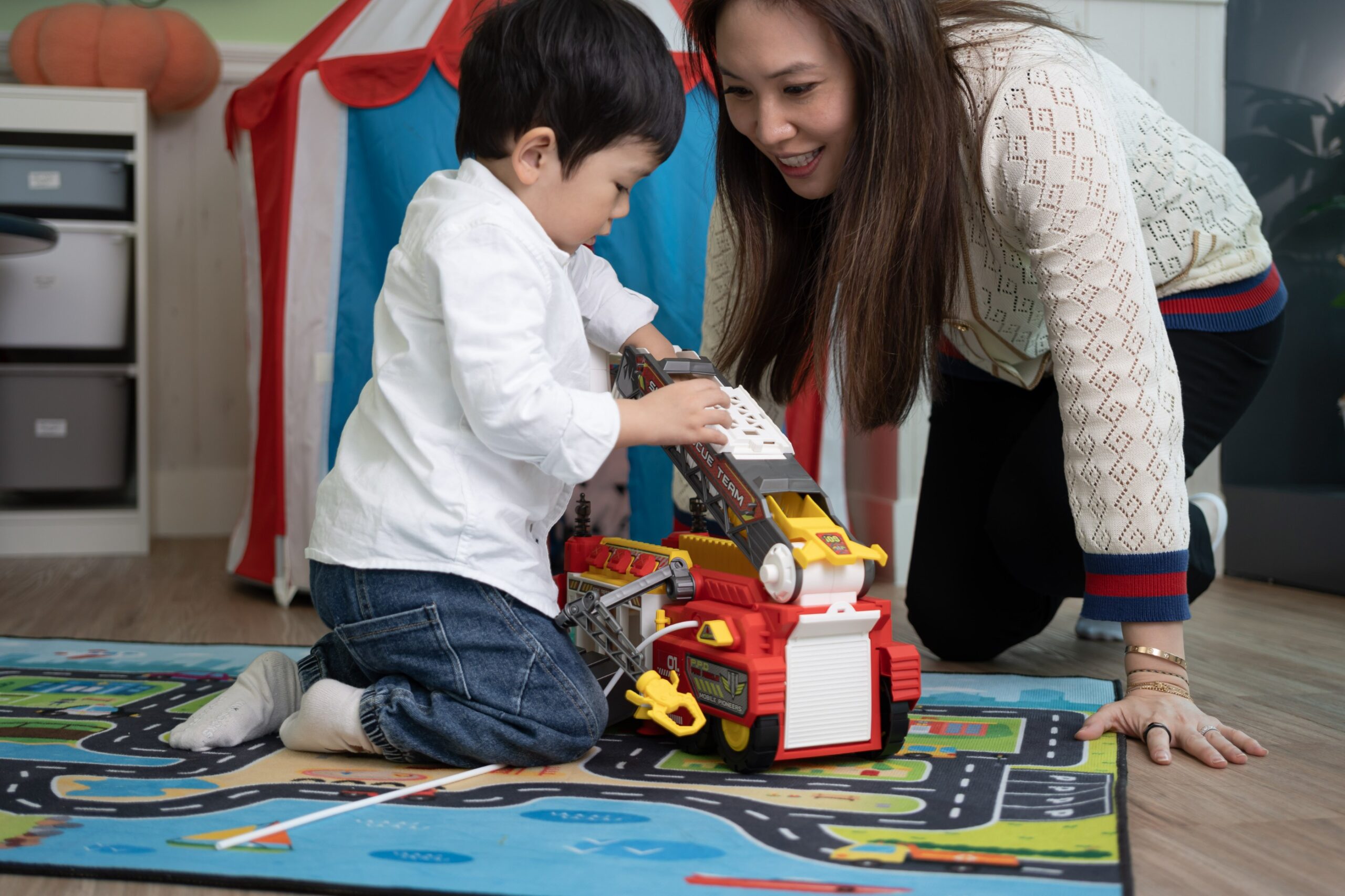
Therapy Approach
Session format
Individual/Small Groups
Who is it for
We use a child-centered, family-inclusive approach, working closely with parents to help children develop emotional awareness and positive coping mechanisms
Common approach
- Engage Through Play – Utilize toys, storytelling, and role-play to help children process emotions.
- Creative Expression – Use art, music, and movement-based activities to encourage self-expression.
- Problem-Solving Techniques – Help children develop resilience, emotional regulation, and decision-making skills.
- Parental Guidance & Home Strategies – Equip parents with tools to reinforce emotional growth and behavioral support at home.
Our Specialists
-

Dr. Minna Chau
Founder & Clinical Child Psychologist
-
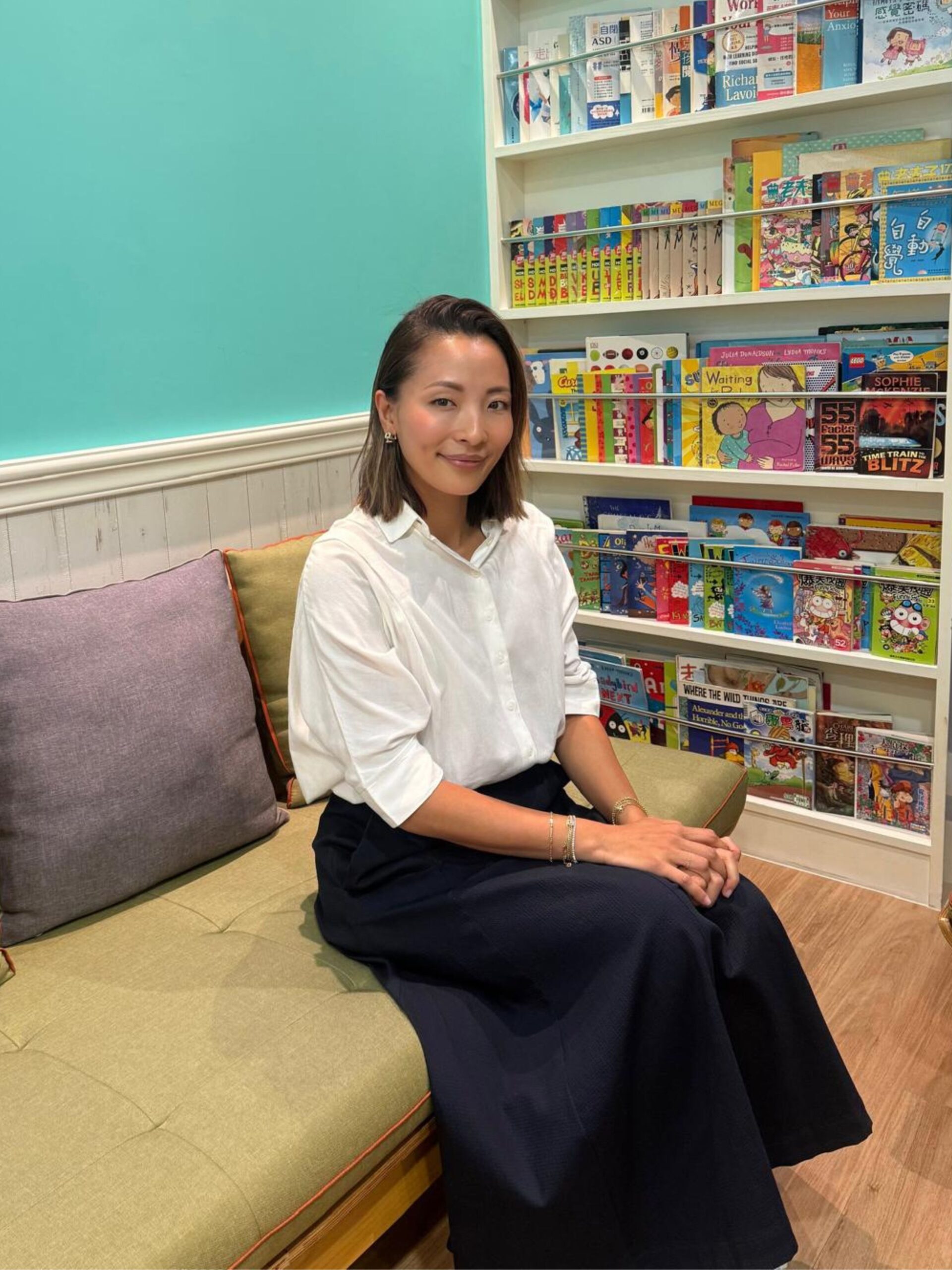
Dr. Olivia Hwang
Clinical Psychologist, PsyD & Play Therapist
-
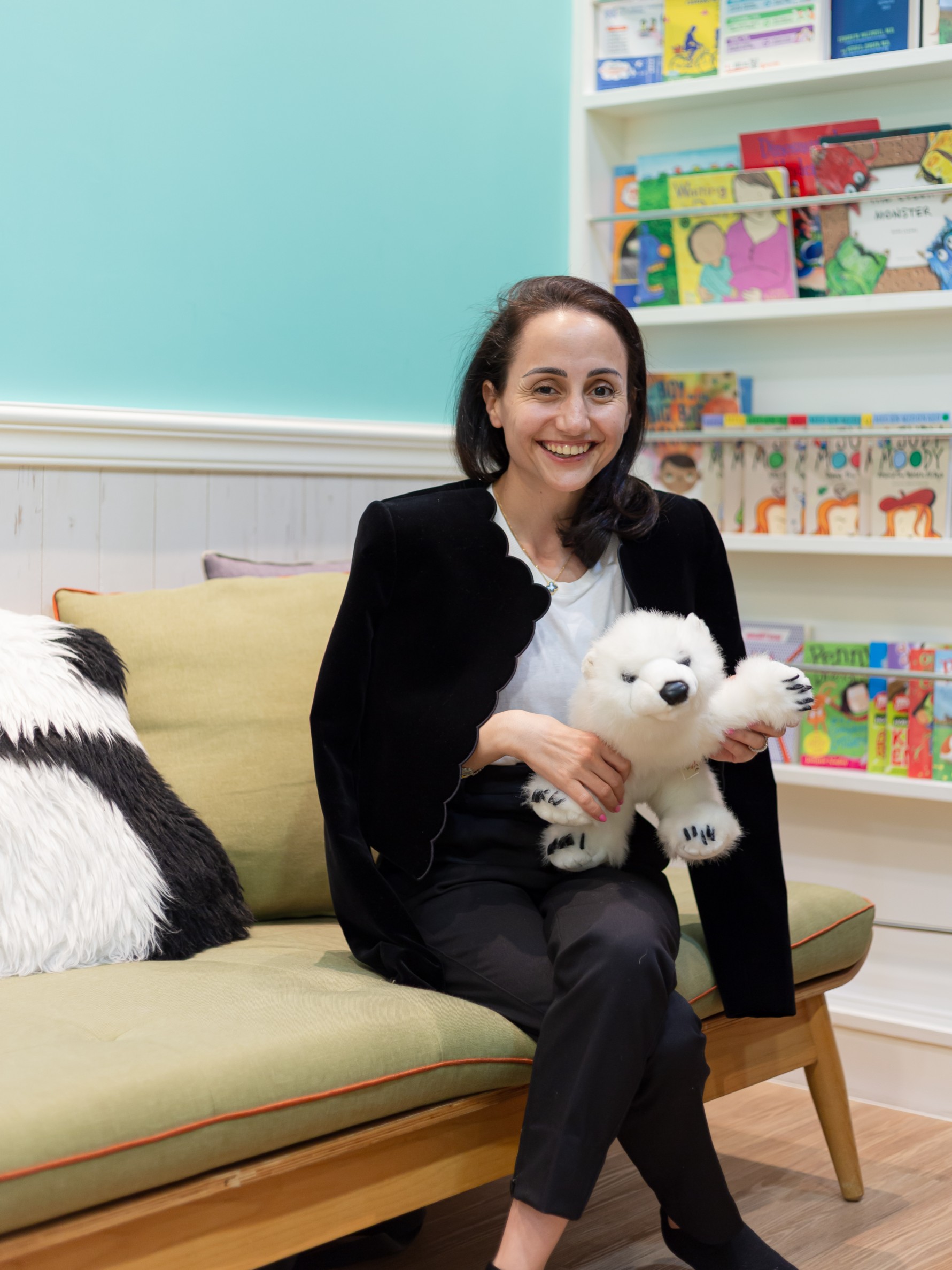
Dr. Cherie Bera
Clinical Psychologist, PsyD
-
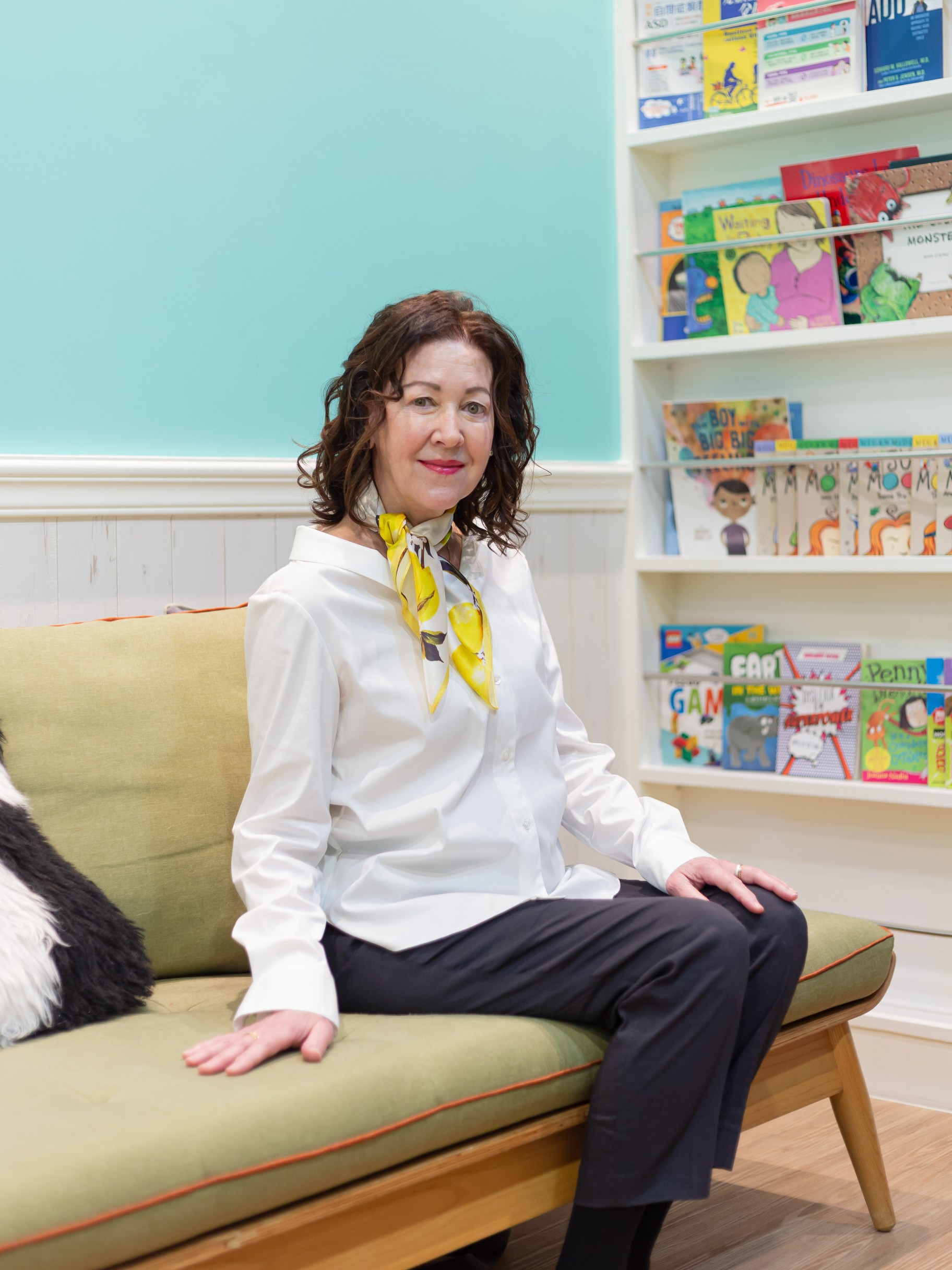
Julia Byrne
Arts & Child Therapist
-
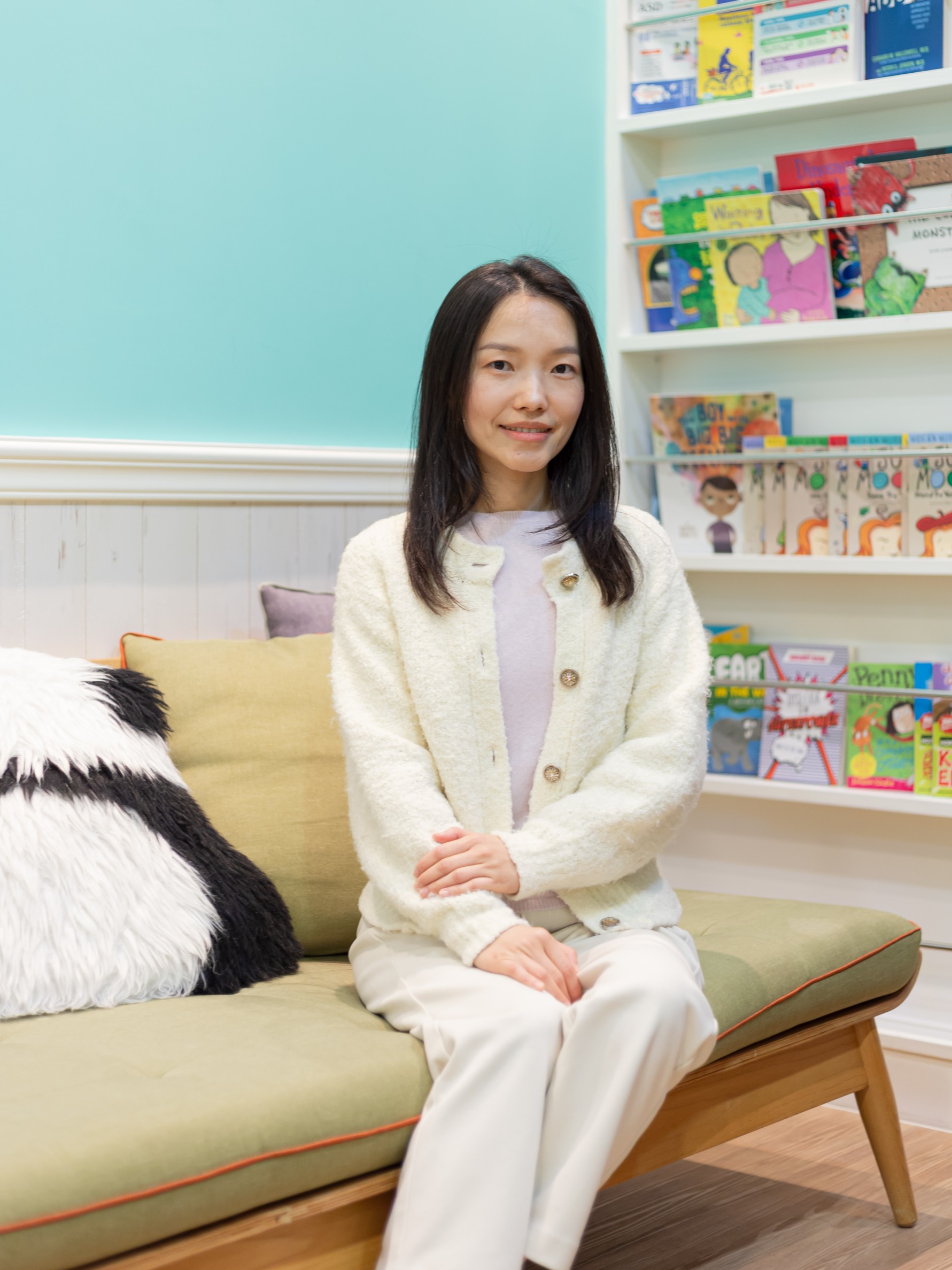
Liao Min
Head of ABA team & Senior Behavioral Therapist
-
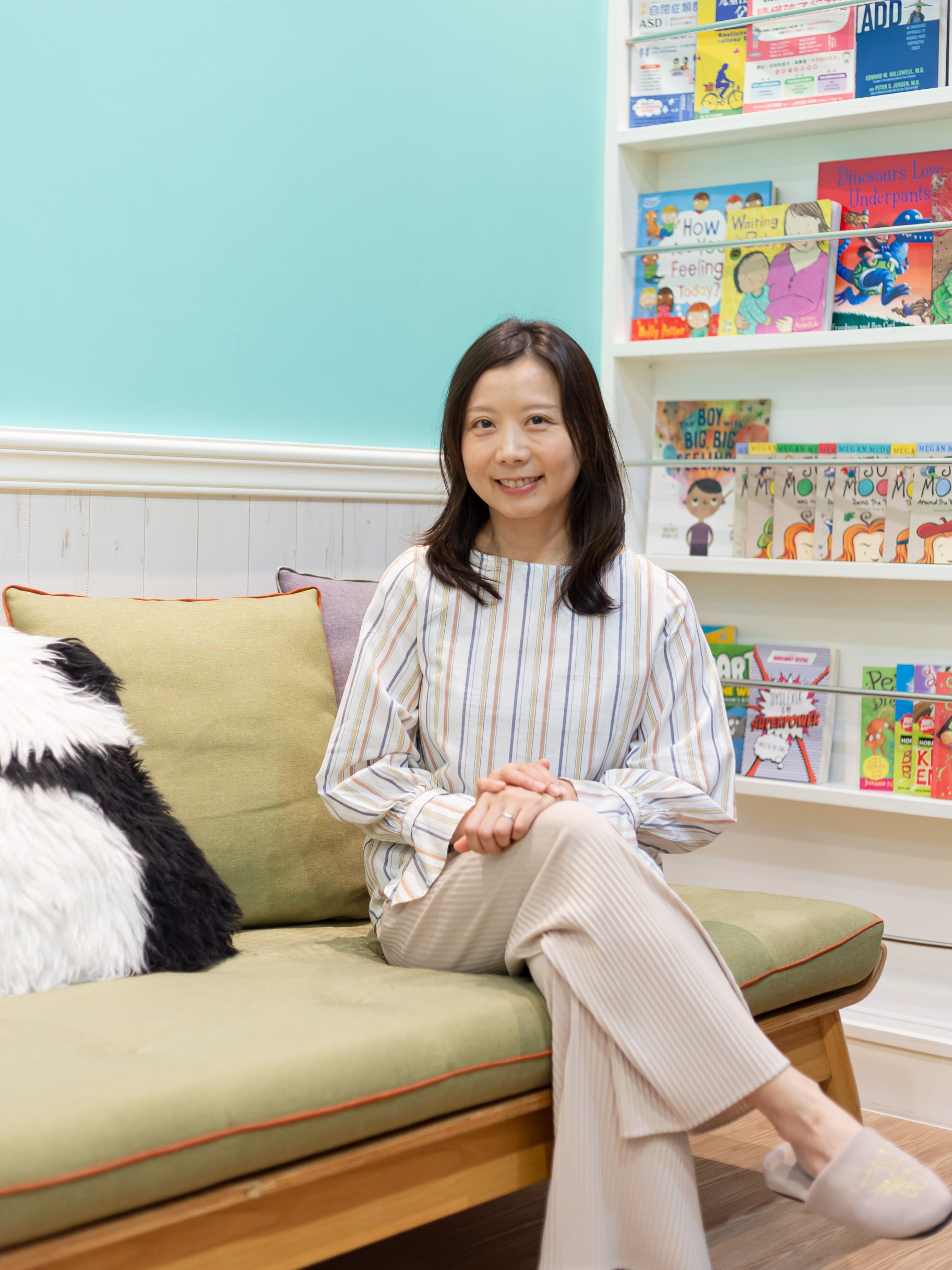
Ming Tang
Senior Behavioral Therapist
-
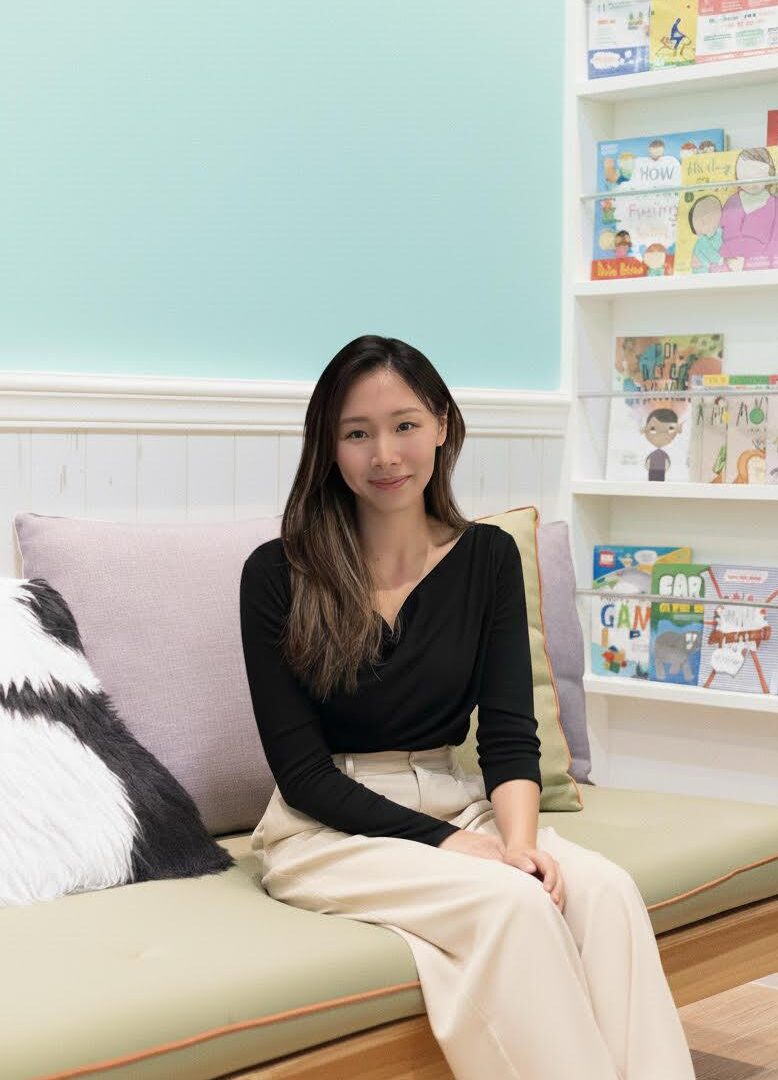
Crystal Lau
Senior Behaviour Therapist (BCaBA)
-

Sam Cheung
Behavioral Therapist
Therapy scenarios
Service Fee
Play Therapy Session Fee
| Therapists | 60 mins |
|---|---|
| Counsellor, Play Therapist | HK$1,800 |
| Senior Counsellor | HK$2,000 |
| Senior Doctoral-level Accredited Clinical Psychologist – Dr. Cherie Bera | HK$2,200 |
| Senior Doctoral-level Accredited Clinical Psychologist – Dr. Olivia Hwang | HK$2,500 |
| Senior Doctoral-level Accredited Clinical Psychologist – Dr. Minna Chau | HK$3,000 |
Frequently Asked Questions
How does play therapy help my child?
Play therapy helps children’s express emotions, develop coping skills, improve social interactions, and build confidence in a safe and supportive environment. It is especially beneficial for children struggling with anxiety, behavioral challenges, emotional regulation, or major life changes.
How do I know if my child needs play therapy?
Your child may benefit from play therapy if they:
- Struggle with emotional regulation (frequent tantrums, anxiety, or mood swings)
- Have difficulty making or maintaining friendships
- Show signs of stress due to family changes, trauma, or school-related challenges
Will I be involved in my child’s play therapy?
Yes! Parental involvement is essential. Our therapists provide guidance, progress updates, and strategies to help parents support their child’s emotional growth at home. Family sessions may also be included when needed.
